How 999 callers can ask for help if it’s not safe to speak
New #MakeYourselfHeard campaign designed to raise awareness of method to alert police in silence

A free daily email with the biggest news stories of the day – and the best features from TheWeek.com
You are now subscribed
Your newsletter sign-up was successful
UK police are launching a nationwide campaign to raise awareness of a “secret code” that can be used by callers who phone the emergency services but need to remain quiet.
The move is part of efforts to “end the myth that if you dial 999 and say nothing then help will automatically be sent”, the Plymouth Herald reports. In reality, the call may be mistaken for a hoax or a dialling mistake.
The #MakeYourselfHeard campaign aims to avoid that potentially lethal outcome by urging callers who are in imminent danger but unable to talk to make use of the so-called Silent Solution system.
The Week
Escape your echo chamber. Get the facts behind the news, plus analysis from multiple perspectives.

Sign up for The Week's Free Newsletters
From our morning news briefing to a weekly Good News Newsletter, get the best of The Week delivered directly to your inbox.
From our morning news briefing to a weekly Good News Newsletter, get the best of The Week delivered directly to your inbox.
If an emergency services operator receives a silent call, they forward the caller to this automated system, which has been in use since 2002. Once connected, callers are prompted to press 55 on their mobile to indicate that they require assistance.
If those numbers are not pressed, the call is terminated, but if they are, the caller is transferred to the police.
The police call handler will then “attempt to communicate with you by asking simple yes or no questions”, according to a how-to guide published by the Independent Office for Police Conduct (IOPC).
If the caller is still unable able to speak, the operator may ask them to employ a non-verbal response - for example, tapping the handset.
A free daily email with the biggest news stories of the day – and the best features from TheWeek.com
The system currently only works on mobile phones, as accidental calls are less likely to occur when using a landline.
Owning to the lack of public awareness about Silent Solution, and the high number of accidental 999 calls, the 55 instruction is “only detected in about 50 of 5,000 calls a day pushed through the automated system”, the BBC reports.
But as IOPC regional director Catrin Evans points out, greater awareness of the system “could potentially save lives”.
The campaign is being launched with the aid of the family of Kerry Power, a 36-year-old mother from Plymouth who was killed by her ex-partner in 2013.
Power was strangled by David Wilder shortly after making a silent 999 call, “believing - incorrectly - it would let police know she was in trouble”, says Sky News.
Wilder was jailed for life for the murder.
In a statement, Power’s family said that she had not been told to press 55, and a subsequent inquiry found that she may have been “wrongly advised by a police officer about when assistance would be sent”.
Women’s Aid is backing the drive to make more callers aware of how to use Silent Solution.
“For survivors of domestic abuse calling the police might be too dangerous,” said the charity’s Lisa Johnson.
“Many abusers will threaten to hurt or even kill them if they try to speak out about the abuse. This means that for far too long many women have not been able to access the emergency support they so desperately need from the police.”
-
 Why is the Trump administration talking about ‘Western civilization’?
Why is the Trump administration talking about ‘Western civilization’?Talking Points Rubio says Europe, US bonded by religion and ancestry
-
 Quentin Deranque: a student’s death energizes the French far right
Quentin Deranque: a student’s death energizes the French far rightIN THE SPOTLIGHT Reactions to the violent killing of an ultra-conservative activist offer a glimpse at the culture wars roiling France ahead of next year’s elections.
-
 Secured vs. unsecured loans: how do they differ and which is better?
Secured vs. unsecured loans: how do they differ and which is better?the explainer They are distinguished by the level of risk and the inclusion of collateral
-
 Neanderthal gene ‘caused up to a million Covid deaths’
Neanderthal gene ‘caused up to a million Covid deaths’Speed Read Genetic tweak found in one in six Britons means cells in the lungs are slower to launch defences
-
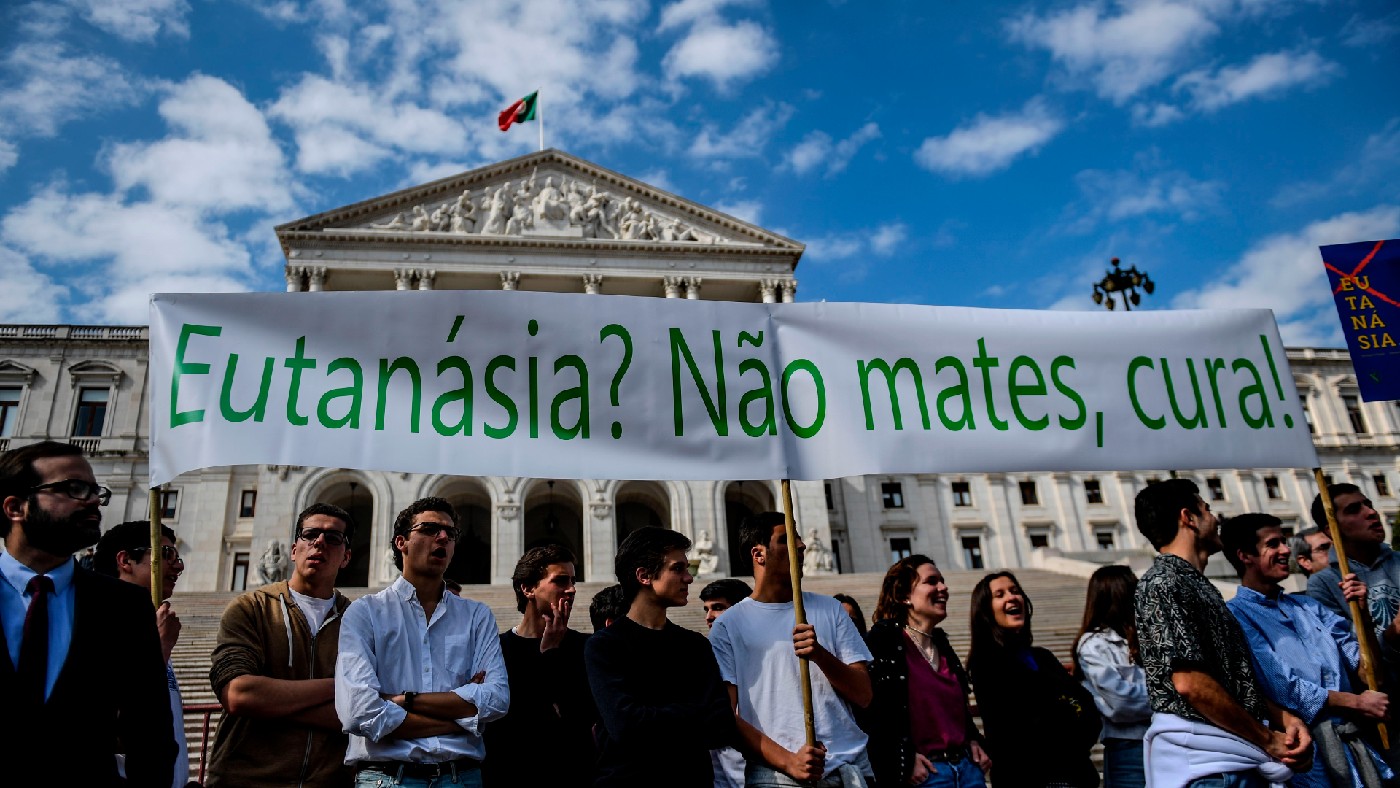 Legalising assisted dying: a complex, fraught and ‘necessary’ debate
Legalising assisted dying: a complex, fraught and ‘necessary’ debateSpeed Read The Assisted Dying Bill – which would allow doctors to assist in the deaths of terminally ill patients – has relevance for ‘millions’
-
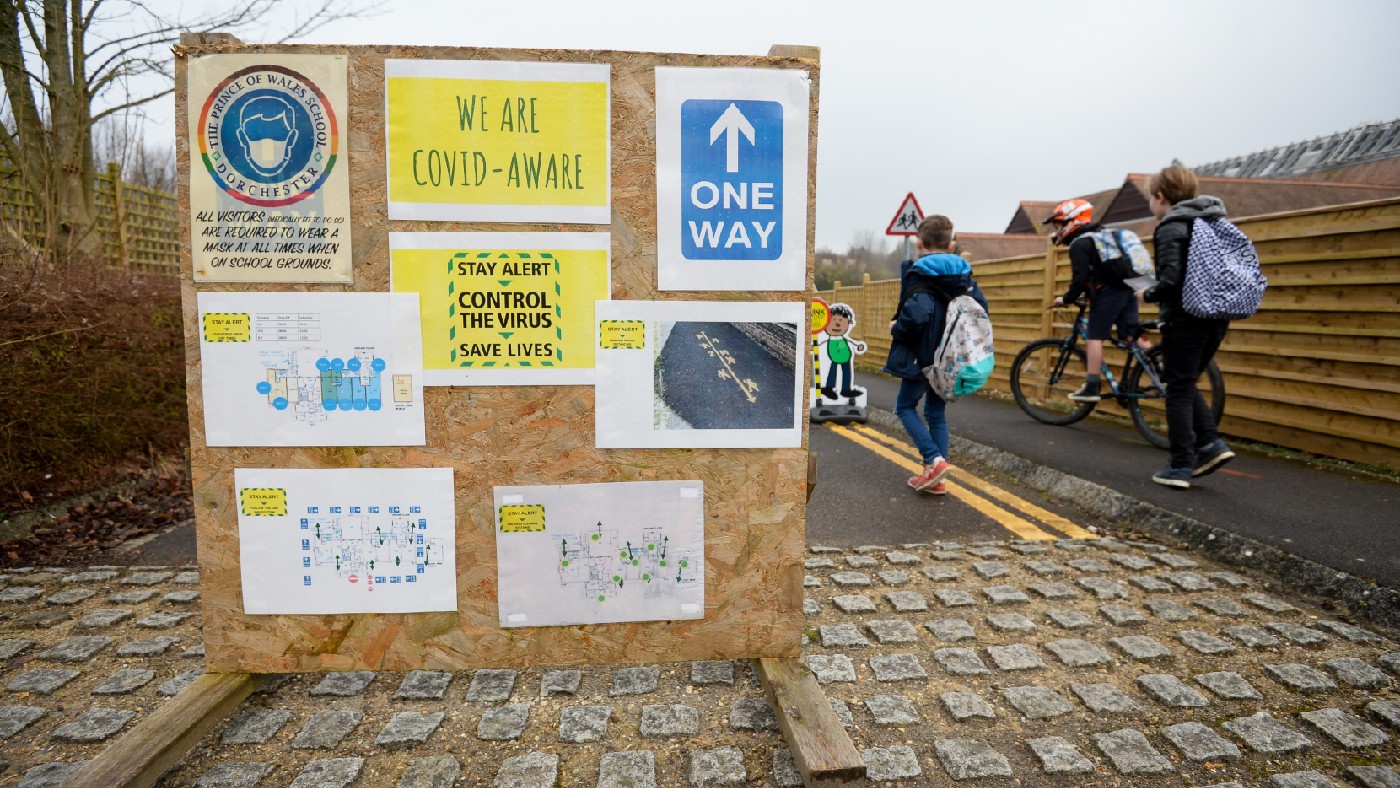 Vaccinating children: it’s decision time for the health secretary as kids return to school
Vaccinating children: it’s decision time for the health secretary as kids return to schoolSpeed Read Sajid Javid readying NHS England to roll out jab for children over 12, amid fears infections will rocket
-
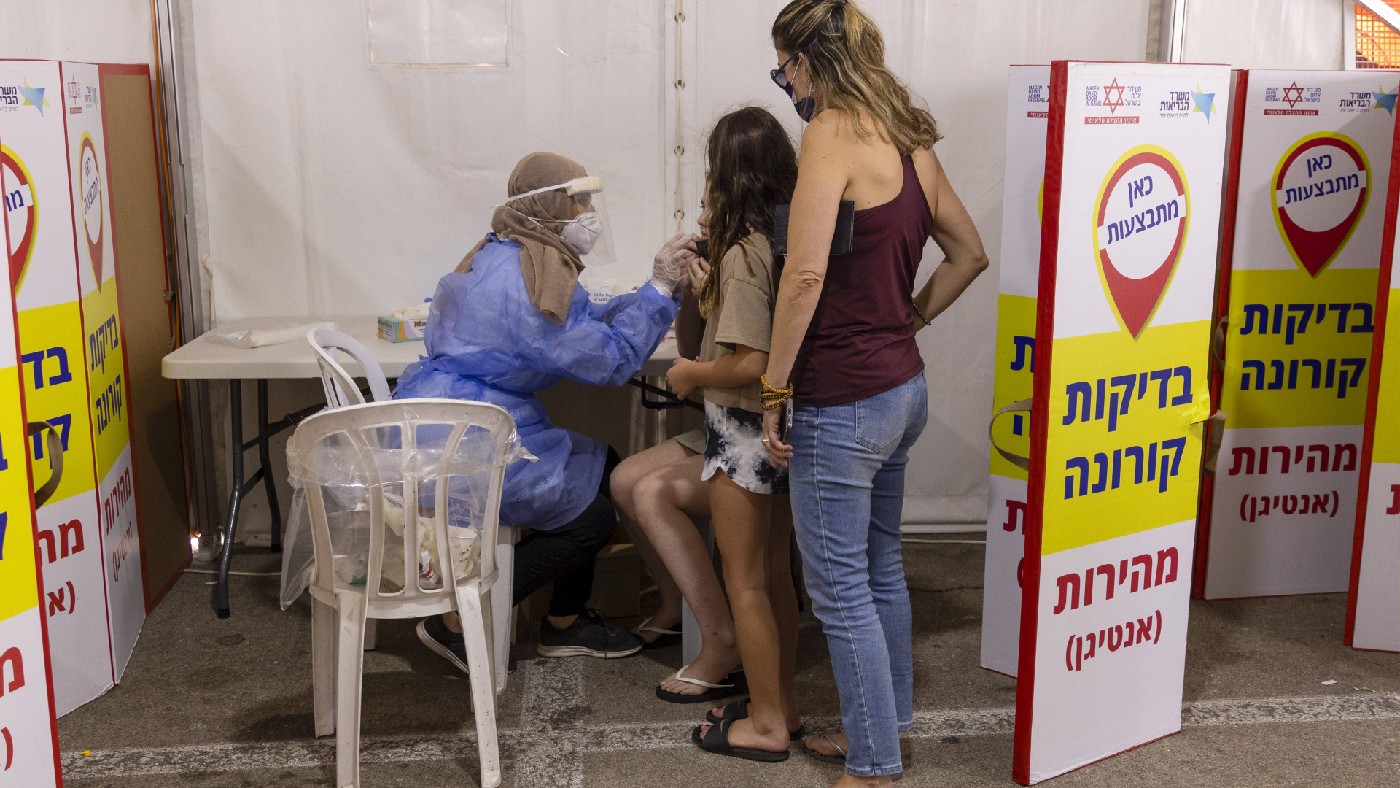 ‘Vaccination blunts, but does not defeat’: exploring Israel’s fourth Covid wave
‘Vaccination blunts, but does not defeat’: exploring Israel’s fourth Covid waveSpeed Read Two months ago, face masks were consigned to bins. Now the country is in a ‘unique moment of epidemiological doubt’
-
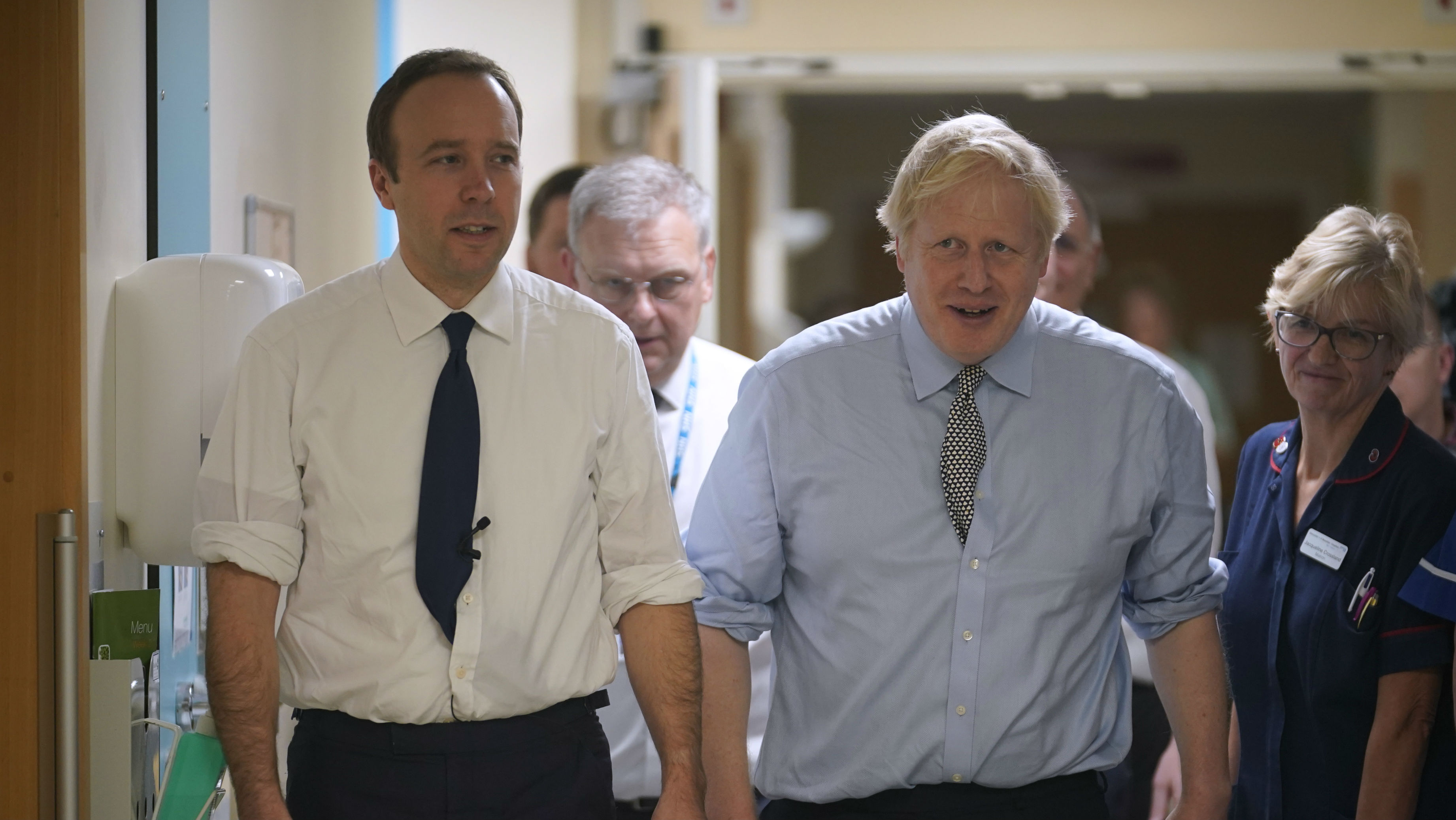 Thousands told to self-isolate in Covid app pinging error, claims Whitehall whistleblower
Thousands told to self-isolate in Covid app pinging error, claims Whitehall whistleblowerSpeed Read Source says Matt Hancock was privately told of the issue shortly before he resigned as health secretary
-
 Record 5.45m people on NHS England waiting lists
Record 5.45m people on NHS England waiting listsSpeed Read Health chief warns that crisis is nearing ‘boiling point’ as backlog grows
-
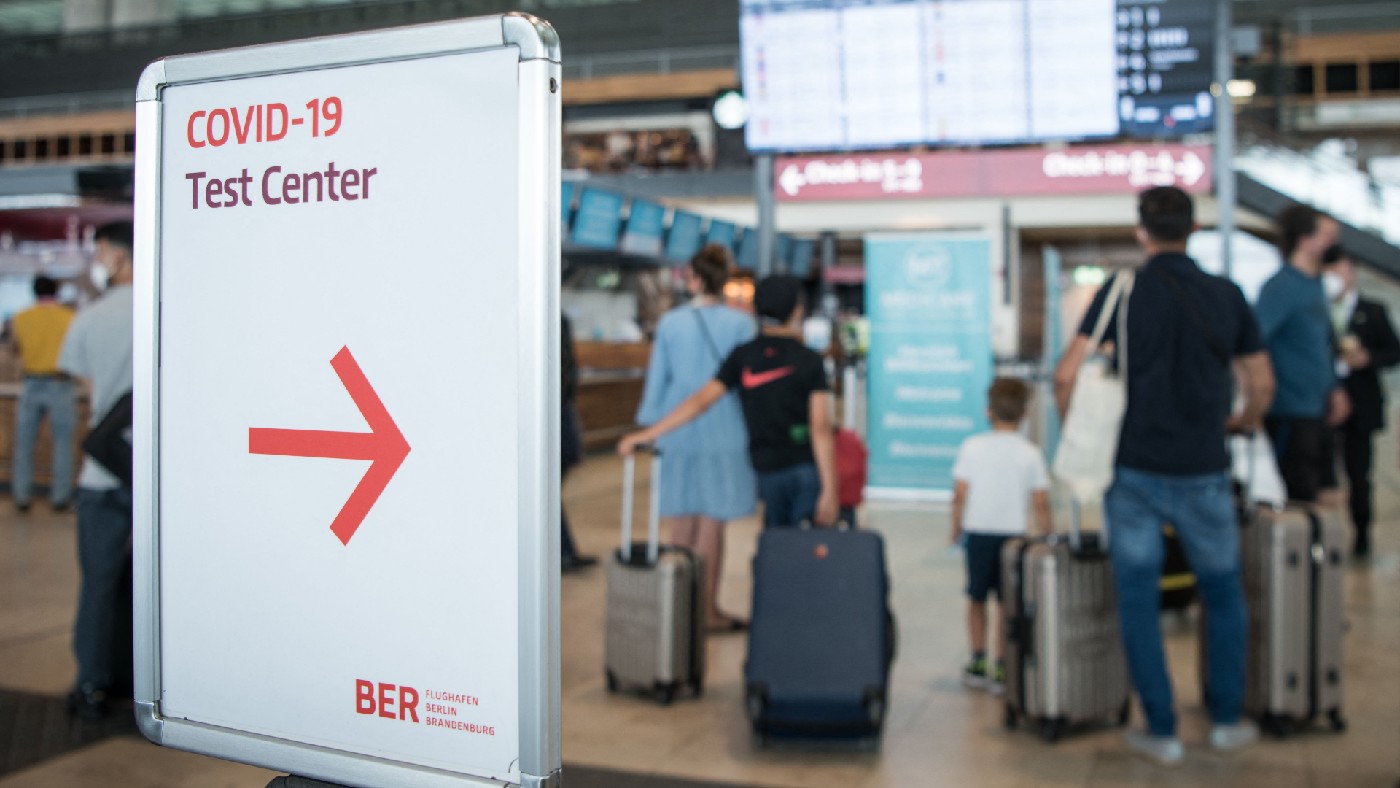 Covid testing: the ‘great new game of holiday roulette’
Covid testing: the ‘great new game of holiday roulette’Speed Read On one day last week, the price of a private PCR test ranged from £23.99 to £575
-
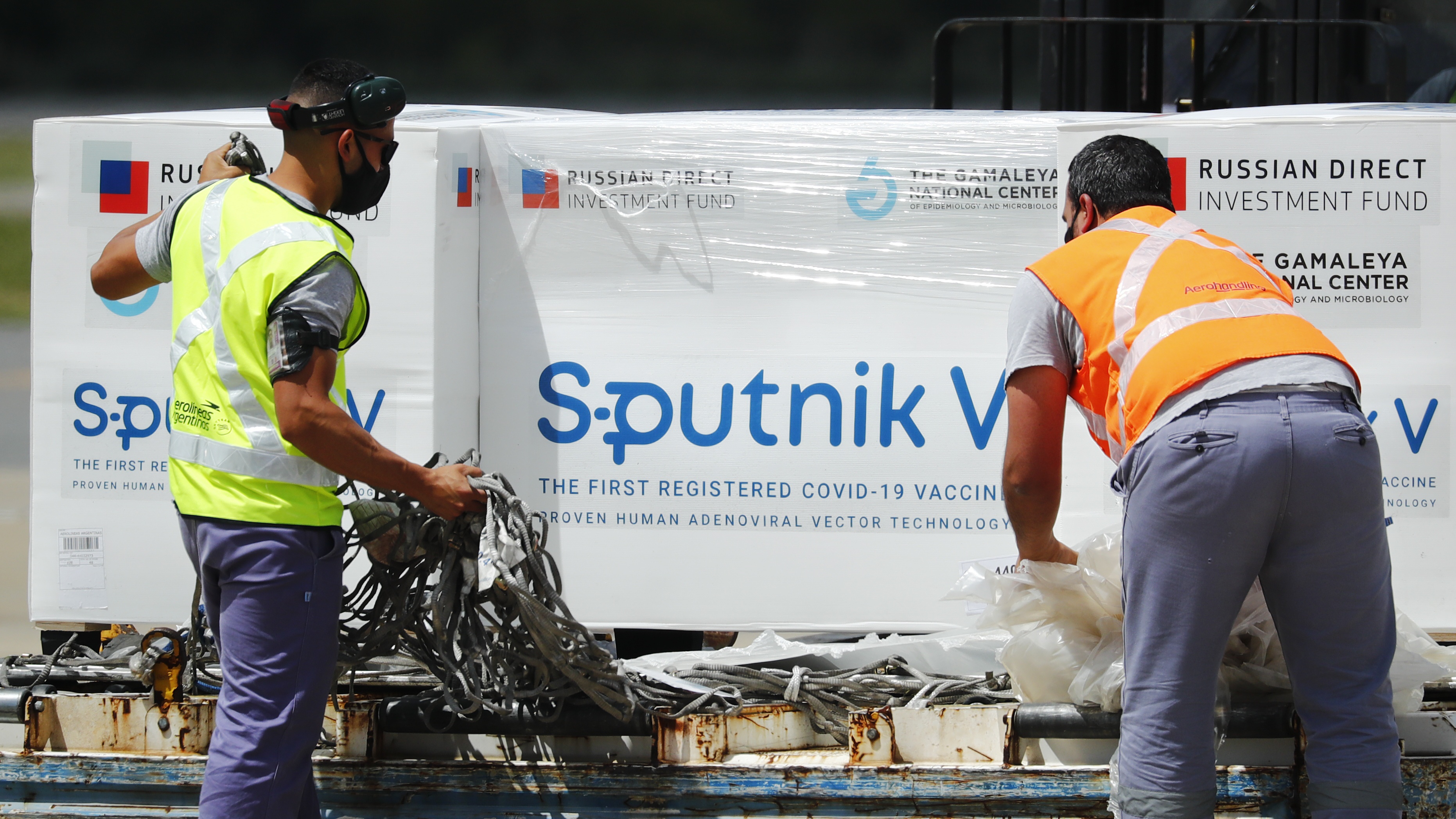 San Marino is first European country to offer ‘vaccine vacation’
San Marino is first European country to offer ‘vaccine vacation’Speed Read Tiny landlocked nation to give Russian Sputnik vaccine to paying tourists